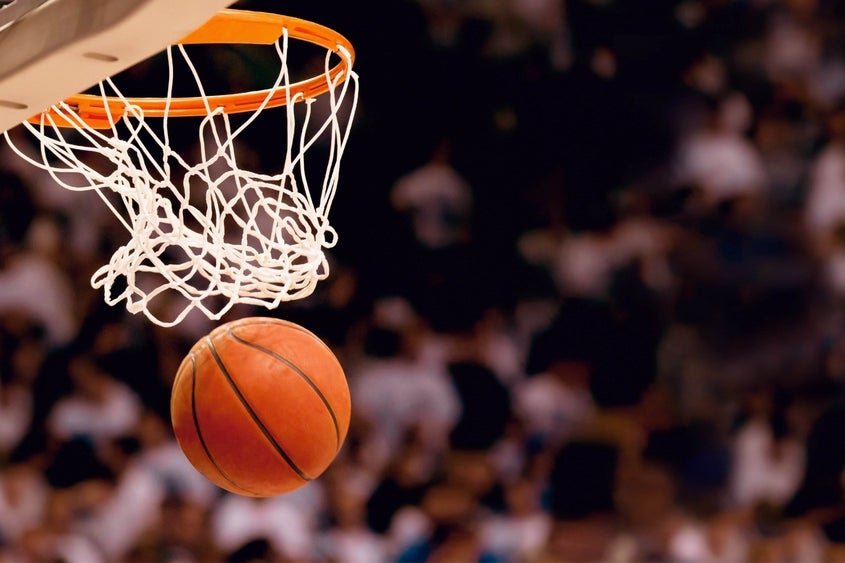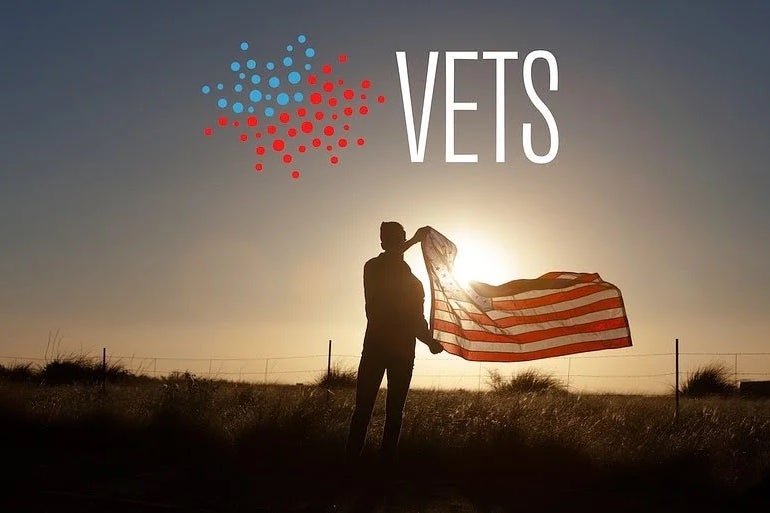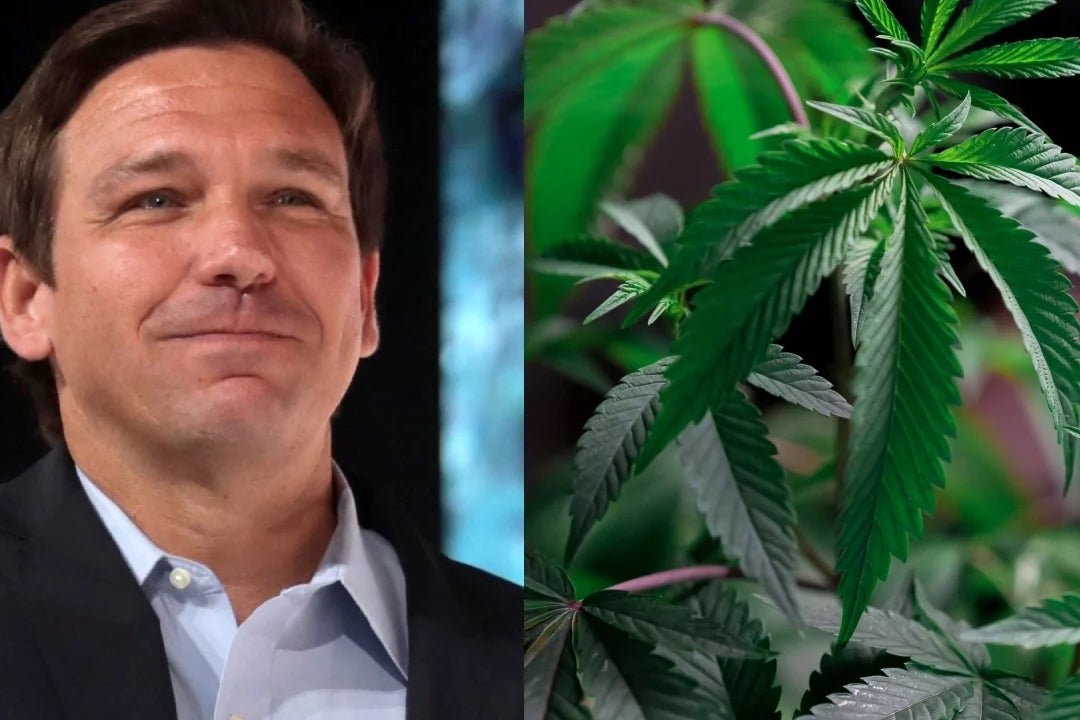The topic of unions has been making headlines across various sectors, and now it has entered the realm of college sports, specifically NCAA Basketball. While March Madness and the NCAA Men’s and Women’s Basketball Tournaments typically dominate the conversation around college basketball, a recent vote by the Dartmouth men’s basketball team has shifted the focus to unionization.
In a landmark decision, the Dartmouth basketball team voted 13-2 in favor of joining the local service employees union. This move marks the first time a group of college athletes has taken action as employees of the school. The team hopes that their decision will encourage other Ivy League schools to follow suit. However, Dartmouth has filed an appeal, indicating that the issue could potentially be taken to the U.S. Supreme Court in the coming years.
The decision by the Dartmouth basketball team comes after previous attempts by Northwestern University’s football players to unionize. One key difference is that Dartmouth is a private school, while Northwestern is a public school. The National Labor Relations Board (NLRB) does not have jurisdiction over public school athletes at this time.
Despite a challenging season for the Dartmouth basketball team, their decision to join the union seemed to bring them some luck. The team secured a victory against Harvard, ending a nine-game losing streak. While Dartmouth did not qualify for the Ivy League Conference Tournament, the win was a positive note to end the season on.
The move by the Dartmouth basketball team has sparked debate and discussion, with members of Congress weighing in on both sides of the issue. Some lawmakers are in support of the athletes’ decision, while others, like Sen. Tommy Tuberville, have expressed concerns about the potential impact of unionization on college sports.
As legal battles over the classification of college athletes continue, the future of unionization in college sports remains uncertain. The case of the Dartmouth basketball team could be a pivotal moment that shapes the landscape of college sports for years to come. Only time will tell whether this decision will lead to significant changes or, as some fear, spell the end of college sports as we know them.





